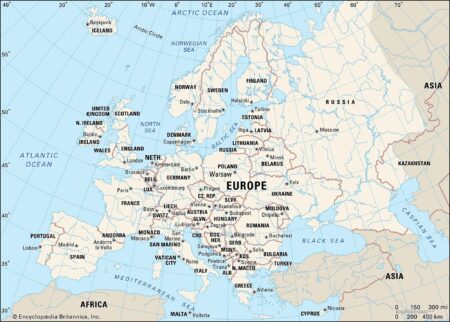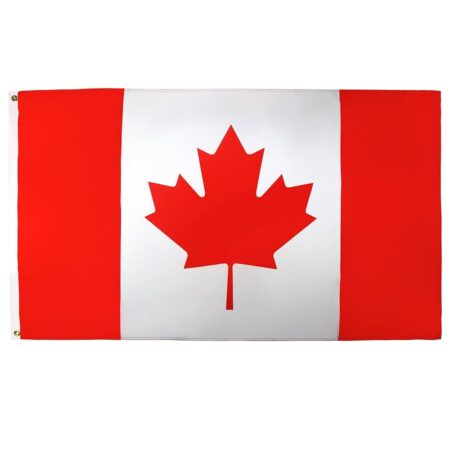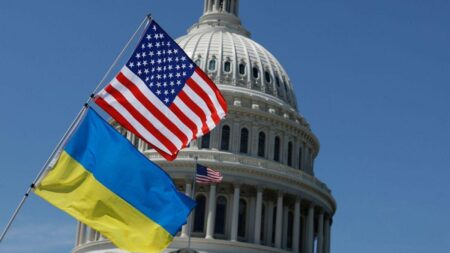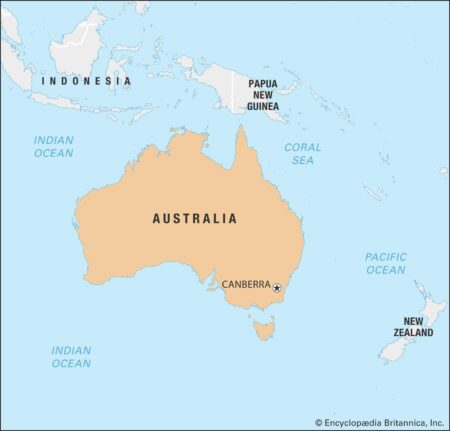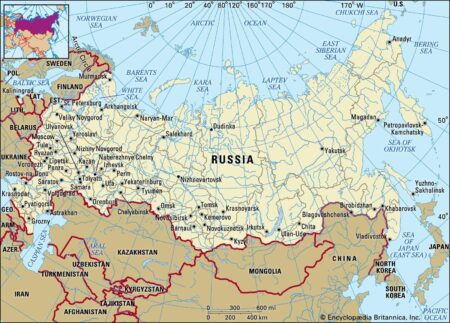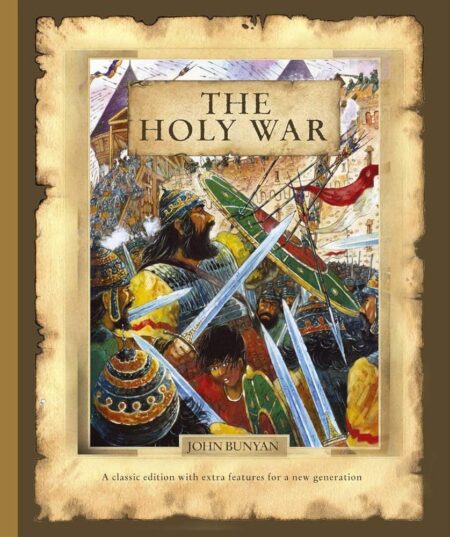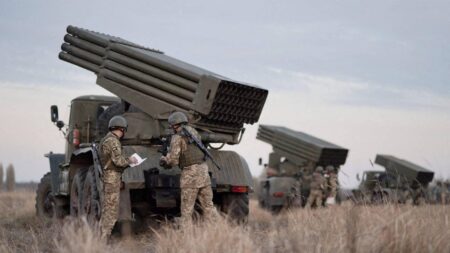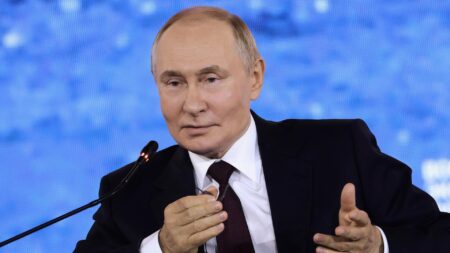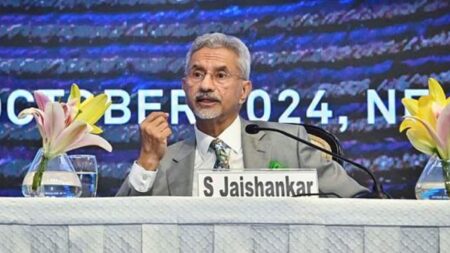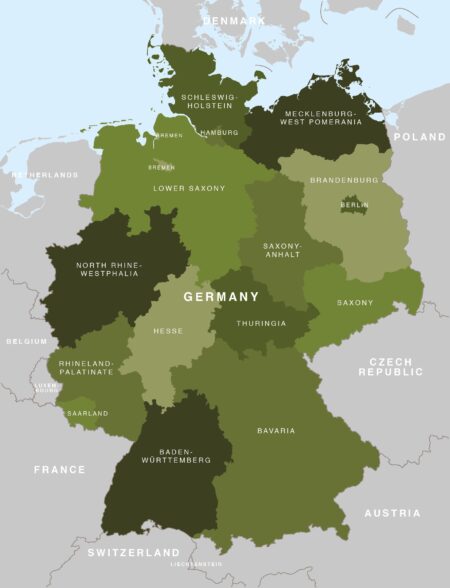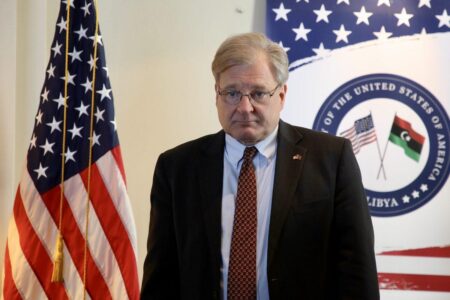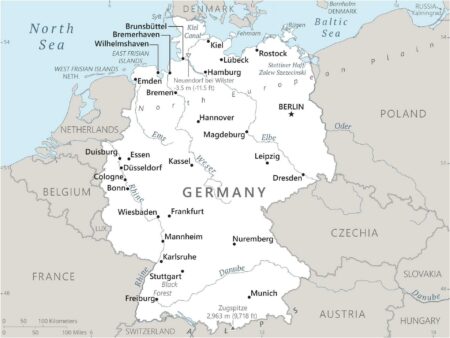Malaysia and China are reportedly joining forces to launch a groundbreaking rare earths processing project, aiming to deepen their collaboration in critical minerals amid major shifts in global supply chains, sources reveal
Browsing: Geopolitics
Tensions between Europe and Russia are skyrocketing as diplomatic talks on Ukraine collapse. European nations are raising urgent alarms over growing military build-ups, fueling fears of an imminent conflict amid intensifying geopolitical pressure
Canada and Indonesia are poised to finalize their very first North American trade agreement, signaling a bold and strategic leap in an era of changing global alliances. This landmark deal promises to deepen economic ties and deliver a strong, united response to rising geopolitical challenges
The US is gearing up to share crucial intelligence with Ukraine, pinpointing long-range energy targets deep inside Russia. This strategic move aims to deliver a powerful blow to Moscow’s infrastructure amid the ongoing conflict, sources reveal. It marks an audacious new chapter in Washington’s unwavering support for Kyiv
As global instability deepens, experts are turning a keen eye to the resilience of Australia’s democracy. Despite mounting challenges, analysts stay hopeful that robust institutions and vibrant civic engagement will safeguard and nurture the nation’s democratic future
Russia’s recent NATO airspace flyovers dramatically echo Turkey’s daring and contentious action a decade ago, when it shot down a Russian jet-a deadly incident that rocked global politics and highlighted the enduring tensions in the region
Reuters uncovers Russia’s daring move to recruit Orthodox priests in a high-stakes campaign to influence Moldova’s elections, blending faith and politics in a tense battle for voter sway amid rising regional tensions
Germany has approved €2.46 million in arms exports to Israel, ending a partial freeze amid escalating tensions. This decision underscores the delicate balancing act of defense cooperation in a complex and volatile geopolitical landscape
In a recent opinion piece, The Wall Street Journal explores daring strategies Israel could unleash to challenge France and Britain’s policies, highlighting vibrant diplomatic and economic maneuvers amid rising tensions
Russian President Vladimir Putin boldly declared that Russia is winning its “righteous battle” in Ukraine, spotlighting major strides amid the ongoing conflict, Reuters reports. This statement underscores Moscow’s steadfast determination despite growing international pressure
China has intensified its criticism of Israel, boldly condemning its policies while forging stronger diplomatic ties with Palestinian leaders. Experts suggest that Beijing is strategically maneuvering to expand its influence in the region and challenge U.S. dominance in the Middle East
From her prison cell in Georgia, Mzia Amaglobeli urgently urges Europe to stand strong and refuse to abandon her homeland to Russian influence. She highlights the vital need for unwavering unity and support as geopolitical tensions reach a boiling point
External Affairs Minister S. Jaishankar boldly declared that India will fiercely defend its freedom of choice amid rising global pressures, delivering a sharp rebuke to the US and China by exposing their “trade hypocrisy” in his recent remarks
The United Kingdom, Australia, and Canada have officially recognized a Palestinian state, marking a groundbreaking shift in diplomatic relations and sending powerful ripples through Middle East peace efforts, CBS News reports
Leaked files reveal that Russia is set to train Chinese paratroopers, gearing up for a potential Taiwan invasion, analysts reveal. This move underscores the growing military alliance amid escalating regional tensions
Crude oil prices surged dramatically on Wednesday as escalating sanctions and mounting geopolitical tensions ramp up pressure on Russia’s energy exports, fueling fears of widespread disruptions to the global supply, Yahoo Finance reports
Germany’s recent weapon freeze has sparked a vibrant debate: is it just a symbolic political gesture, or does it signal a significant change in policy? Experts at the Stimson Center delve into the implications for global security and the future of arms control
Western diplomats have delivered a powerful warning to Russia: NATO is prepared to shoot down any warplanes that breach its airspace, Bloomberg reports. This urgent alert underscores the escalating tensions amid ongoing regional conflicts
At the UN General Assembly, Italian Prime Minister Giorgia Meloni passionately spotlighted Italy’s crucial role as a vibrant transatlantic bridge, reaffirming the nation’s unwavering commitment to deepening and strengthening the bond between Europe and the United States
Germany has issued a powerful warning to Russia amid escalating tensions in space, urging restraint and vigilance as fears of a potential space conflict grow. This alert highlights the mounting geopolitical risks reaching far beyond our planet’s atmosphere


